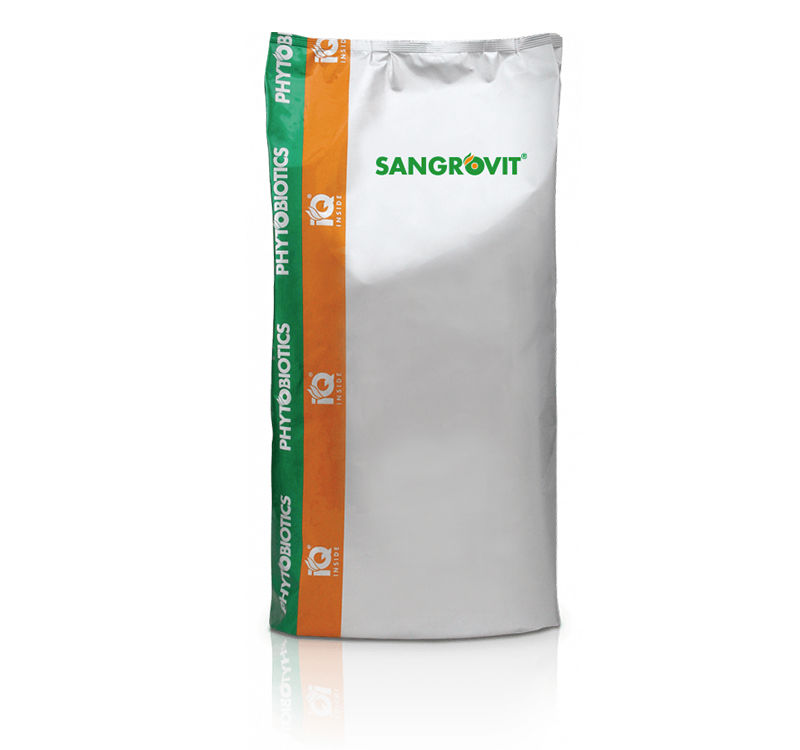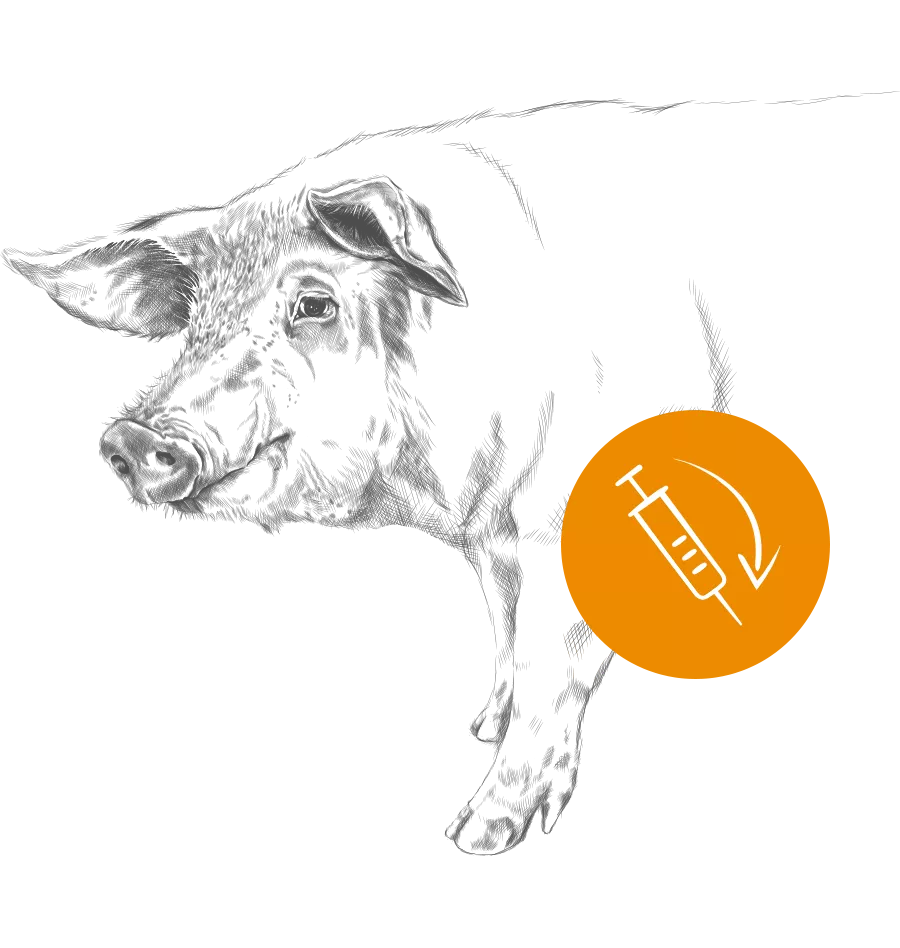AGP alternatives in animal nutrition
Join forces to reduce the use of antibiotics in animal production
Animal production is a costly business. The largest cost in meat production comes from animal feed. To improve the digestibility of the feed ingredients and maintain feed costs affordable for animal production, different techniques can be used. One of the most successful ones has been the use of so-called ‘AGPs’ (antibiotic growth promoters). These antibiotics are mixed with the feed to reduce inflammatory responses in the GI-tract and to limit (pathogenic) microbial growth. As the dosage of these in-feed antibiotics is very low, it is thought that the performance enhancing effect of AGs is more a result of reducing the inflammatory response than of antimicrobial effects.
Nevertheless, the use of AGPs brings the risk of antibiotic resistance. Antibiotic resistance occurs when bacteria which used to be sensitive to a certain antibiotic gradually loose this sensitivity. Therefore, treatment with the antibiotic becomes less effective, needing higher dosages to reach the same level of effectiveness, or even loosing functionality altogether. Antibiotic resistance reduces feed efficiency, but also poses a threat to consumers exposed to the pathogen through vicinity to animal production sites or when they consume animal derived products from animals treated with AGPs. It is not fully clear how high the contribution of the animal production sector is in the occurrence of antibiotic resistance in humans. Estimates vary between 0.1 and, highly concerning, 50%. Therefore, legislation has become increasingly strict regarding the use of AGPs in animal production.
The WHO has estimated that death toll due to antibiotic resistance in humans will increase from less than 1 million today, to 10 million a year by 2050 and will by far be the number one cause of mortality in humans. Luckily, there is also good news; research has shown that antibiotic resistance disappears when the use of antibiotics is reduced. The responsible use of antibiotics is therefore a responsibility of all of us and we can no longer separate human health from animal health. Global concepts like ‘one health’ promote the connection between human and veterinary medicine to work together in creating a healthy world. The animal feed industry contributes to a better world for humans and animals by creating concepts that help in reducing the use of AGPs. Various countries have already banned the use of AGPs completely and many are following rapidly by banning more and more antibiotics from use animal production.
However, banning AGPs can lead to a decreased production efficiency. There is a big demand for natural products which support the animals when AGPs are no longer an option. At Phytobiotics, we aim to develop tailor made solutions for our customers to help them face such challenges in their production. We have a line of products especially equipped to attend their needs and a team of local technical specialists, which facilitates a quick response to customer demands.
Phytobiotics Sangrovit® –
the natural way towards strong pigs
A stable feed intake is key to maintain animal welfare and to ensure that pigs can meet their full genetic potential, even when facing challenging periods. Specific botanical compounds of the Phytobiotics Sangrovit® product line help to support sows, piglets and growers throughout the production cycle.


